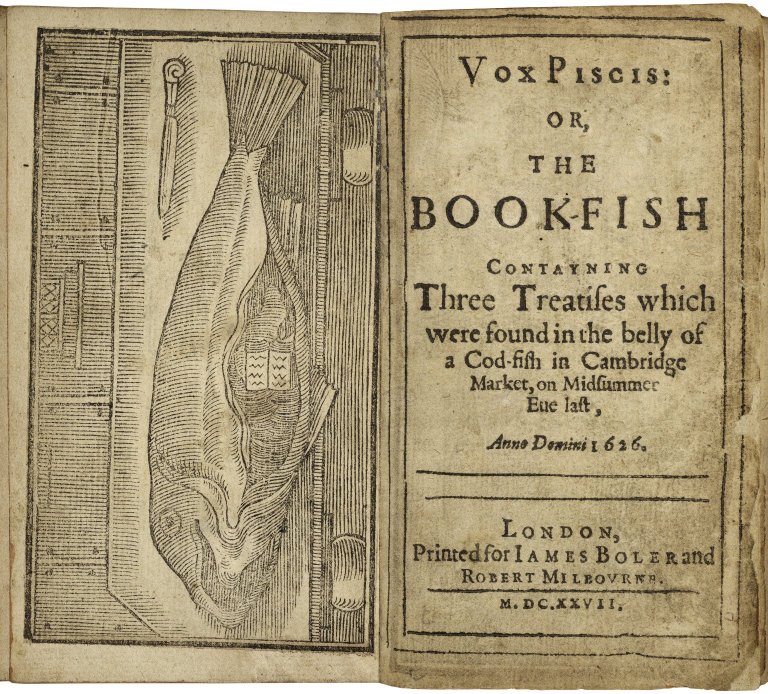By Ms Joanna McCunn, Lecturer in Law (University of Bristol Law School).

Contractual interpretation continues to be a controversial topic. In a recent speech, Lord Sumption attacked Lord Hoffmann’s judgment in Investors Compensation Scheme [1998] 1 WLR 896, still the leading case in the area. For Lord Hoffmann, the key question was what a reasonable person would understand the parties to have intended by their contract, even if this was something different to the ordinary meaning of the words they had used. Lord Sumption, however, argued that the courts must give primacy to the meaning of the words.
It is sometimes suggested that Lord Hoffmann’s approach is an aberration in the common law of contract, which has consistently prioritised the meaning of the words over the parties’ apparent intentions. In fact, however, it bears a striking resemblance to the approach taken by the courts in sixteenth century England, where a very similar debate about interpretation was playing out. In a recently-published book chapter*, I explore this history and what it means for contract lawyers today. (more…)
